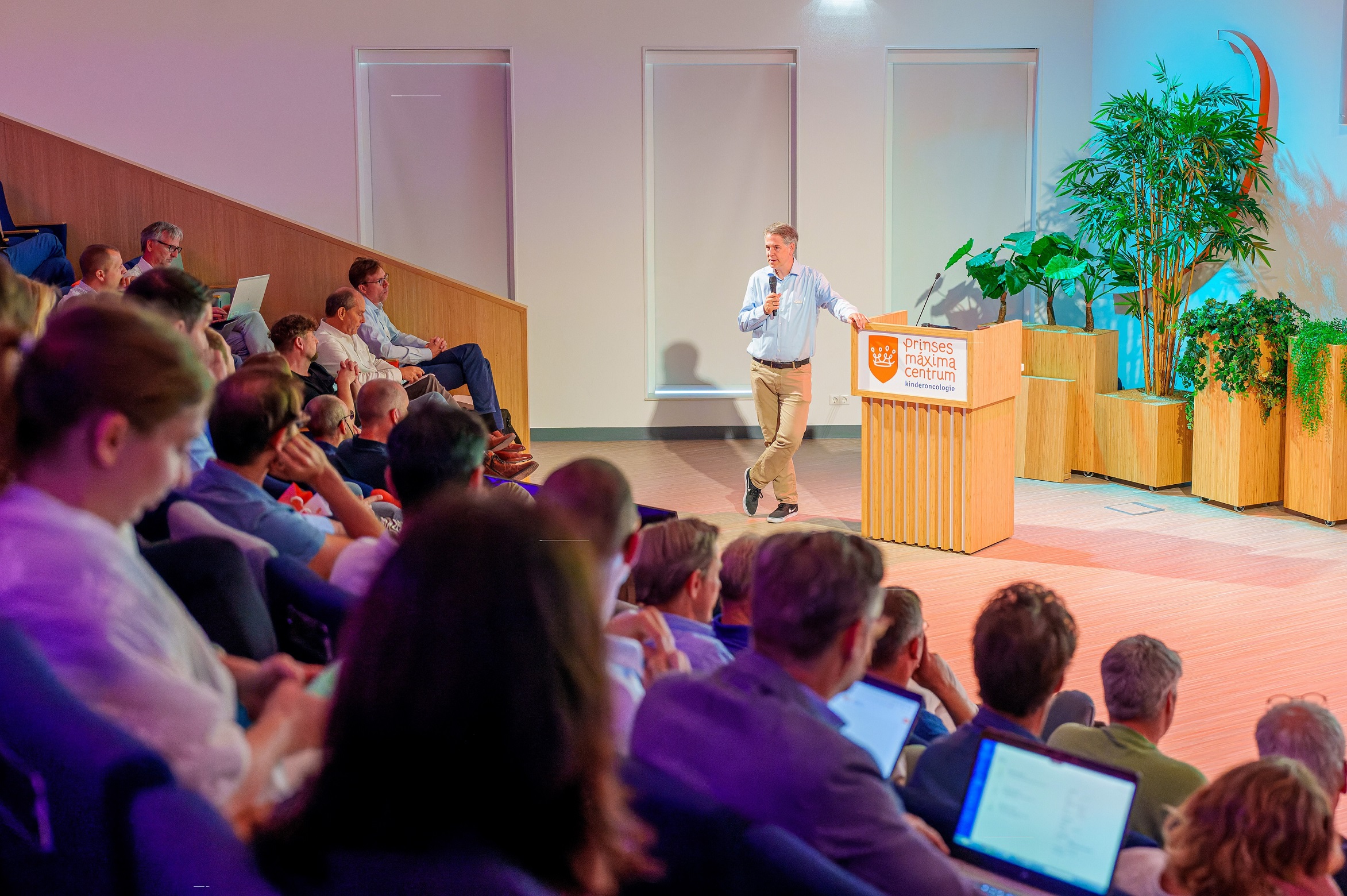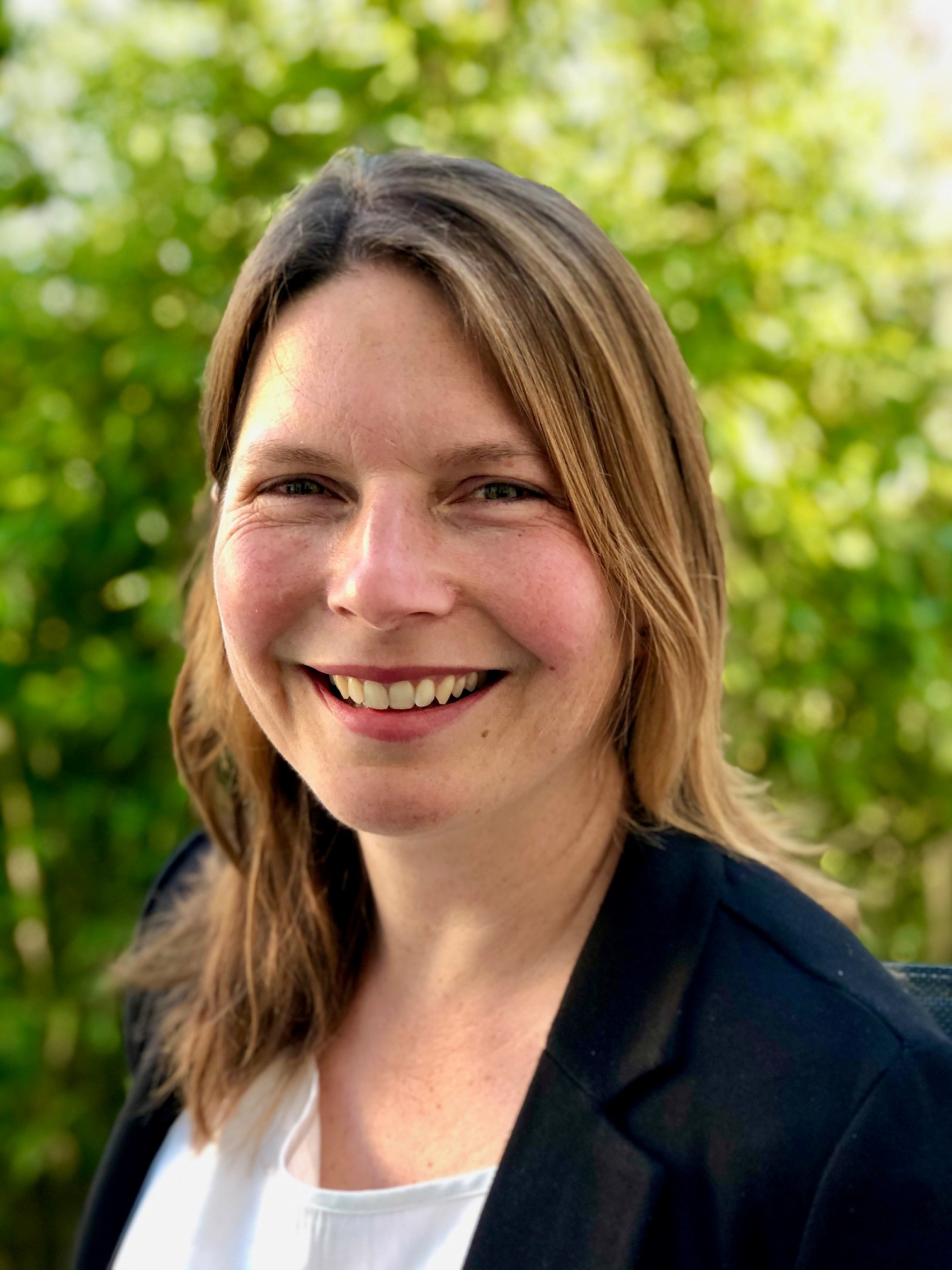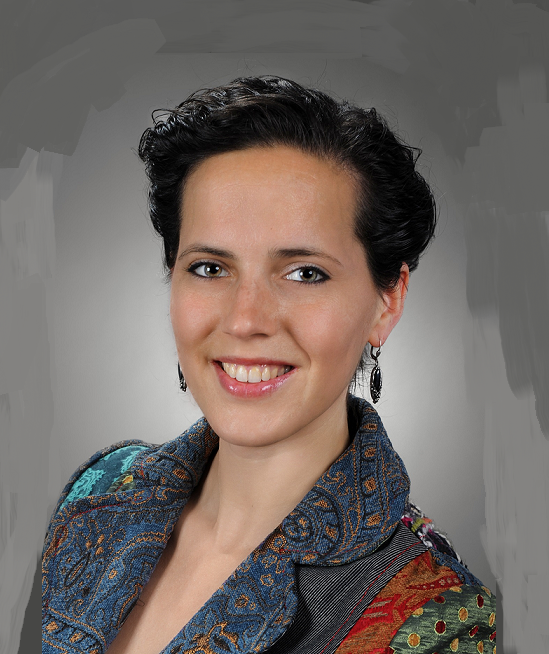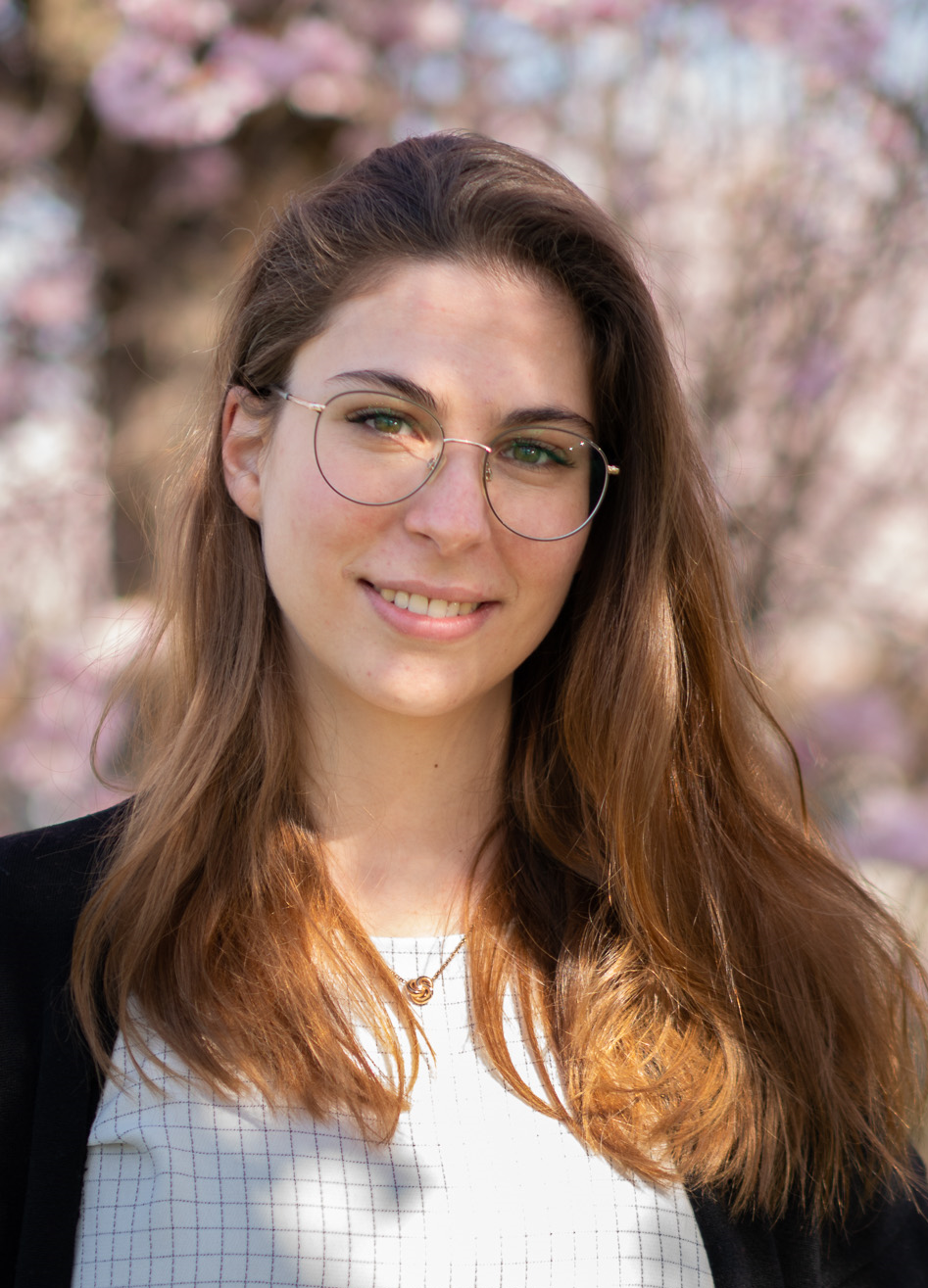Childhood cancer is comparatively rare. For this reason, international cooperation in the field of research is indispensable: In childhood cancer research, data, infrastructure, as well as scientific and clinical experience must be bundled in order to help the affected children as quickly as possible, in the best possible way, and in a sustainable manner. This is the idea behind the so-called "twinning program" between the Prinses Máxima Centrum (PMC) and the Hopp Children's Cancer Center Heidelberg (KiTZ).
After the event successfully took place in person for the first time last year, this year’s function once again sought to enable the personal exchange of information across teams on ongoing and newly initiated projects on site at the Prinses Máxima Centrum in Utrecht. Topics discussed included ongoing projects from the first round of funding, such as approaches to immunotherapy in childhood cancers, investigations into how a particular diet can potentially positively enhance therapy, and targeted therapies in leukemias. In addition, discussions were held on how and with the help of which platforms and networks research data can be even better networked and jointly evaluated and used. In keeping with the direct link between research and practice, which is the focus at KiTZ, researchers and treating physicians alike had their say and discussed new perspectives, findings and new approaches and ideas, including drug testing, tumor models, and pediatric immuno-oncology.
"I am pleased to see how successfully the twinning program is evolving," said Johanna Oberhollenzer, secretary general of the program. "Currently, we are supporting 21 promising research and infrastructure projects that address different childhood cancers. In addition, various other project ideas were presented and discussed at the current annual meeting. These are all projects that can only come about because two leading pediatric cancer research centers in Europe share their resources and expertise. After all, we are all pursuing the same goal: a childhood without cancer. I am proud that with the Twinning Program we are creating the basis for a European alliance in childhood cancer research."
The projects within the framework of the collaboration are financed by third-party funds and donations from Germany and the Netherlands. In order to be able to systematically address the most urgent tasks in pediatric oncology in the coming years, private sponsors are to be recruited for further support.




